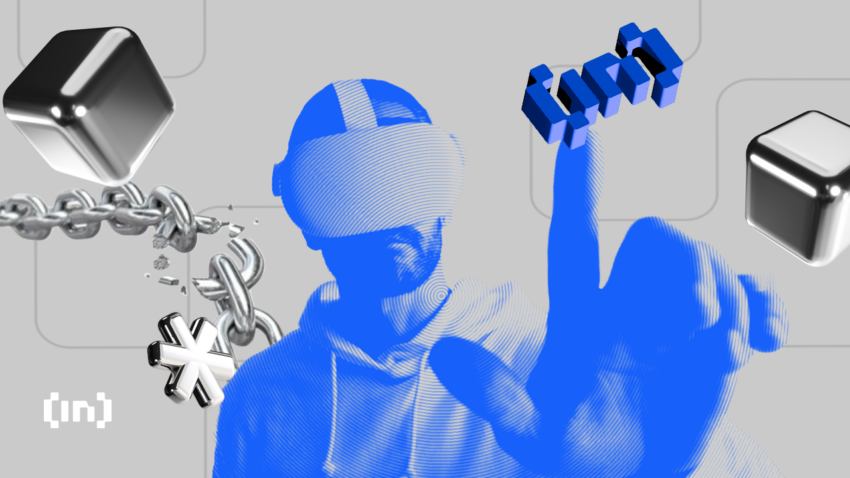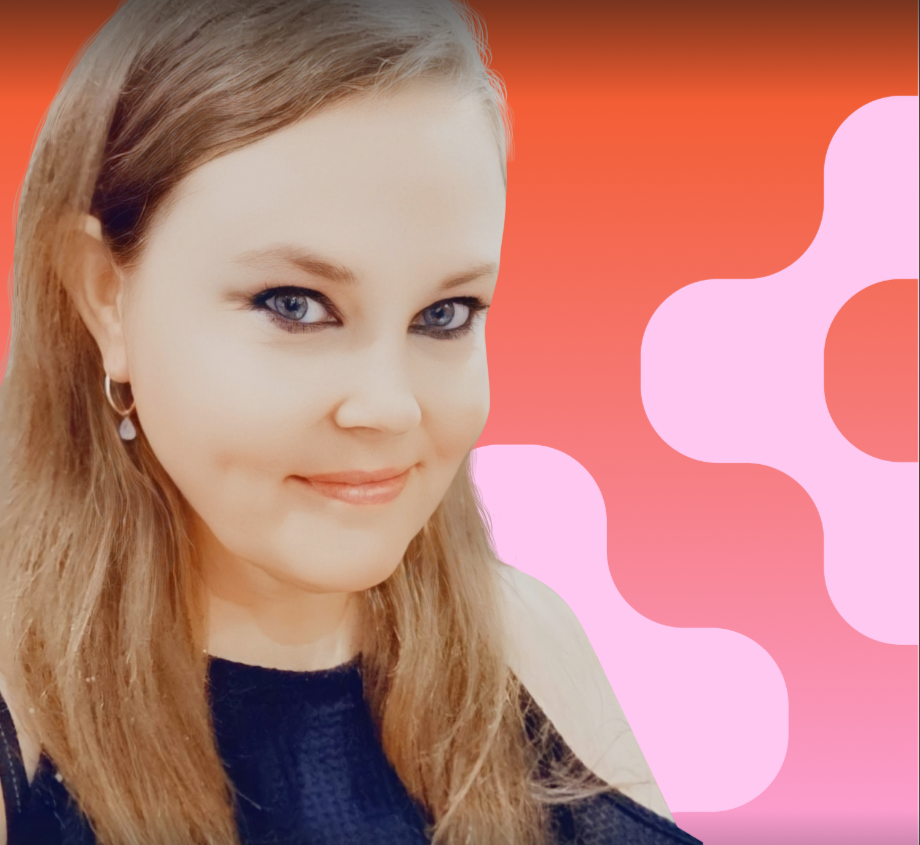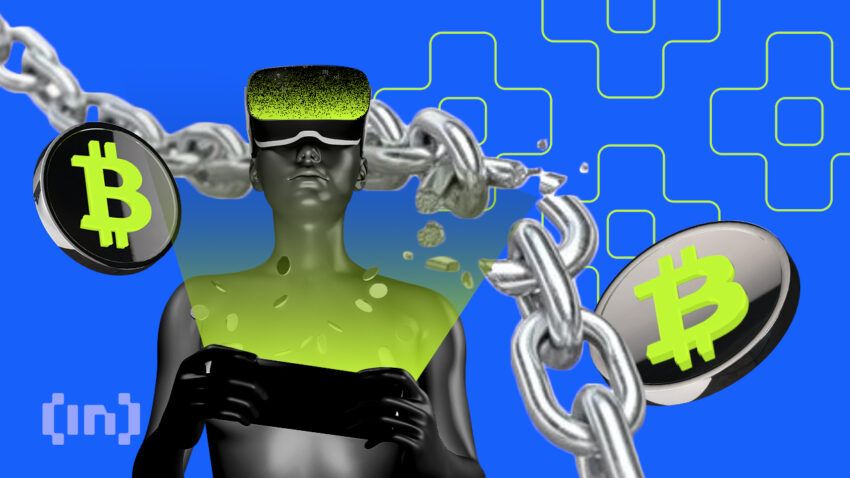Gaming and Web3 communities will be stronger and more cohesive than any religion or nation of the future, says Neeraj Kashyap, Founder and CEO of Moonstream.to
Even if you’ve never played a single video game, I bet you’ve at least heard of DotA. DotA – or Defense of the Ancients – is a game that has single-handedly created the MOBA genre and DotA 2 has become one of the most popular e-sport games of all time.
However, at the very beginning of its development not even its creators could predict that DotA would be such a monumental success. DotA was built as a Warcraft 3 mod by Kyle “Eul” Sommer in the early 2000s. It was abandoned by its creator right after its launch. Another modder by the name of Steve “Guinsoo” created a couple of versions of DotA, which set the base for DotA 2. He also stepped away a few years later. Despite the departure of Eul and Guinsoo, DotA kept gaining popularity. 15 years after its launch, its successors – DotA 2 and League of Legends – still draw in millions of players from around the world.
Things would have been different for the game’s original creators if decentralized gaming and Web3 were a thing back then.
In online gaming, independent creators are not paid for their creations. The story of the DotA creators is a good example of that. The global gaming business is anticipated to increase to $314.4 billion by 2026. It’s also estimated that there are more than 1 billion online gamers. It would be fair for creators to get a cut of this very large pie for their contributions. The question is: How can that happen? How can creators get what they deserve?
Decentralization is the answer. And web3 communities are at the forefront of decentralized gaming.
Why Will Web3 Be Bigger Than Any Nation or Religion?
The shift towards Web3 and decentralization has given rise to new currencies, economies, and communities. These communities will eventually develop their own laws and regulations – the basis of the network state. These communities will form around people with shared values and passions. In their new worlds, people will be able to earn a living by building the things they love.
Artists, game designers, programmers, and other visionaries will bring forth a digital renaissance mirroring the renaissance created by the internet. The decentralized communities that emerge will take on the role of today’s nations and religions.
I strongly believe that the first powerful decentralized communities will come from games. We are already seeing the beginnings of this with organizations like Yield Guild Games.
Web3 games enable their players to take creative stakes in the game. They allow players to determine their lore and mechanics. Players can also become producers within the Web3 game economies, and earn a living by producing value for others within the blockchain gaming community.
However, blockchains, like any other new technology, come with pitfalls. Gaming operators that want to adopt blockchain technology face certain challenges.
Gaming engineers and developers alike need to first create the software using blockchain technology. Then they have to keep improving it as consumer demands change and trends come and go. Traditionally, all new and emerging technology has gone through these cycles.
Gaming, Web3 and Mass adoption
For any new technology to succeed, it must undergo mass adoption. Think about the first mobile phones or the internet. Back then, people couldn’t see the use of a portable device that kept them connected 24/7. When the internet was still new and unfamiliar, the set-up process was immense. Users had to buy the right hardware, and then use a physical line and dial-up tone to connect (as long as nobody was on the telephone, of course).
Together, the mobile phone and the internet have proven to be ‘the’ technology power couple of the twentieth century. Having the world in your pocket has meant that the internet is now an integral part of our everyday lives.
To push mass adoption of blockchain technologies, the gaming community must consider becoming the leading force. More gamer engagement will mean better understanding of the practical use for blockchain technology on the whole by the general public. Regular users should understand how the technology works and how others can benefit from it. Only then will they start trusting it and consider adopting it. But governance is required to achieve this, because governance guarantees a long-term equitable reward for the community.

Gaming and Web3: Achieving governance
Engineers, developers, and organizations alike need to collaborate within the blockchain ecosystem. They should support and cooperate with others within the industry to advance the technology. Only then will governance and regulatory compliance become possible and/or mandatory for everyone involved.
Once this is achieved, it’s only a matter of time before consumers place greater trust in blockchain and start using it as part of their everyday lives like cell phones and the internet.
Of course, none of these processes can be considered a walk in the park. As with the internet, it will take time for blockchain technology to become widely adopted – maybe 15 years, 10 if we’re lucky. But if we want to revolutionize technology in a way that changes industries and, more importantly, fairly rewards creators, we have to work patiently and diligently in that direction.
Decentralized games are well-suited to establish the baseline and standards for how the decentralized community should operate. Those standards will be applied to other Web3 communities turning the Web3 movement into a fair and transparent society. And I’m convinced that this kind of society can become bigger than any nation or religion if we go about it the right way.
About the author

Neeraj Kashyap is the founder and CEO of Moonstream.to. He is a mathematician, and holds a Ph.D. in Number Theory from Indiana University. Spent his late twenties in Japan, using mathematics and Machine Learning to build algorithms to diagnose Parkinson’s disease and other similar disorders. This work made him realize the importance of building large-scale knowledge graphs, and he moved to Silicon Valley to focus on this work. He has worked at Google on TensorFlow, and has built knowledge graphs that are being used actively by major US healthcare organizations. Neeraj has been working in the Ethereum ecosystem since 2016.
Got something to say about gaming communities or anything else? Write to us or join the discussion in our Telegram channel. You can also catch us on Tik Tok, Facebook, or Twitter.
Disclaimer
In compliance with the Trust Project guidelines, this opinion article presents the author’s perspective and may not necessarily reflect the views of BeInCrypto. BeInCrypto remains committed to transparent reporting and upholding the highest standards of journalism. Readers are advised to verify information independently and consult with a professional before making decisions based on this content. Please note that our Terms and Conditions, Privacy Policy, and Disclaimers have been updated.


